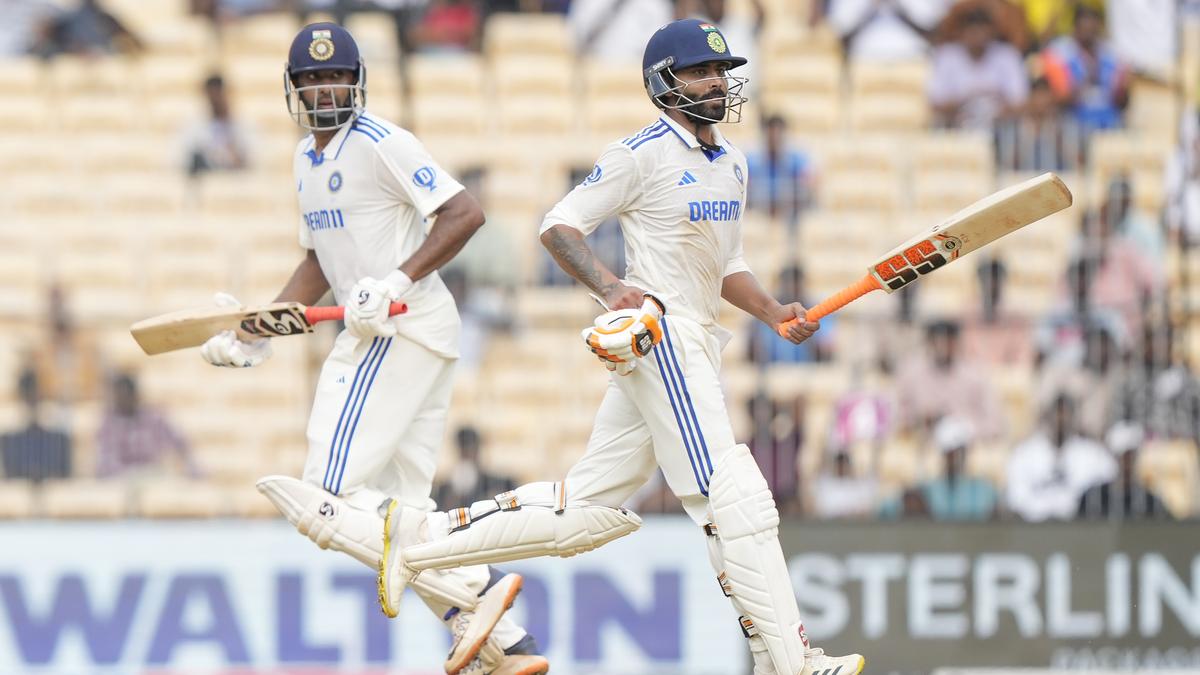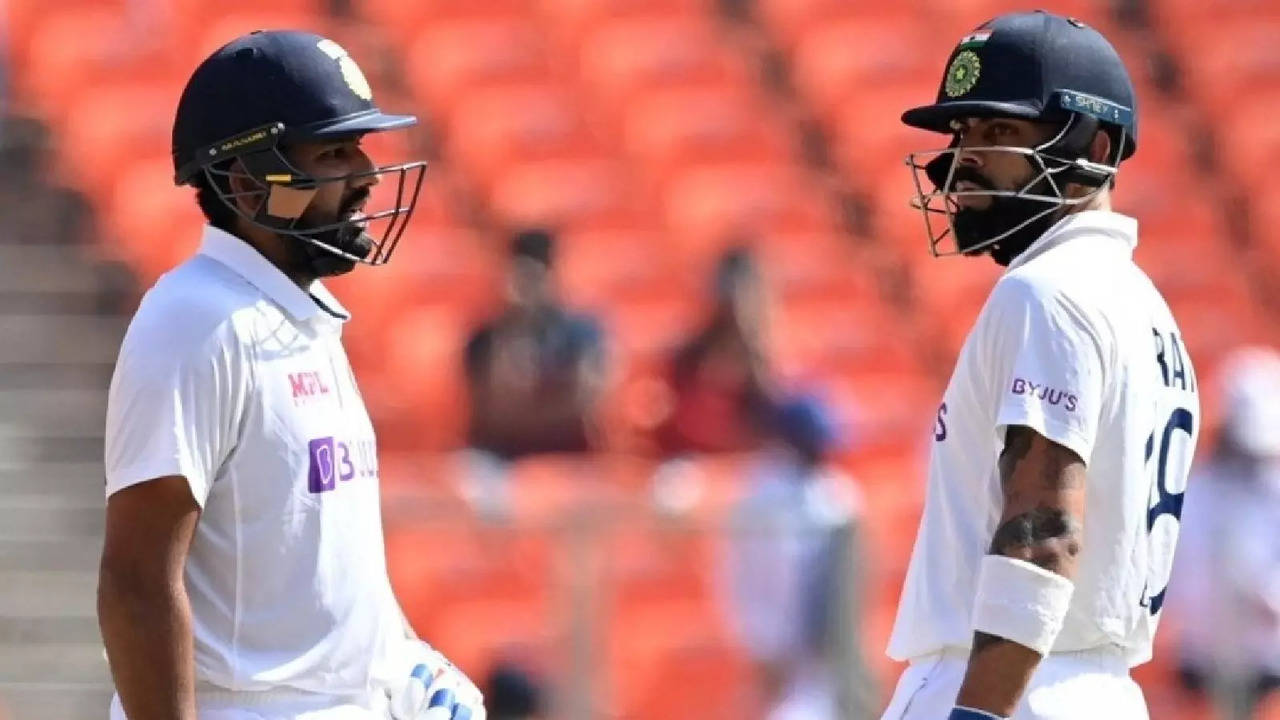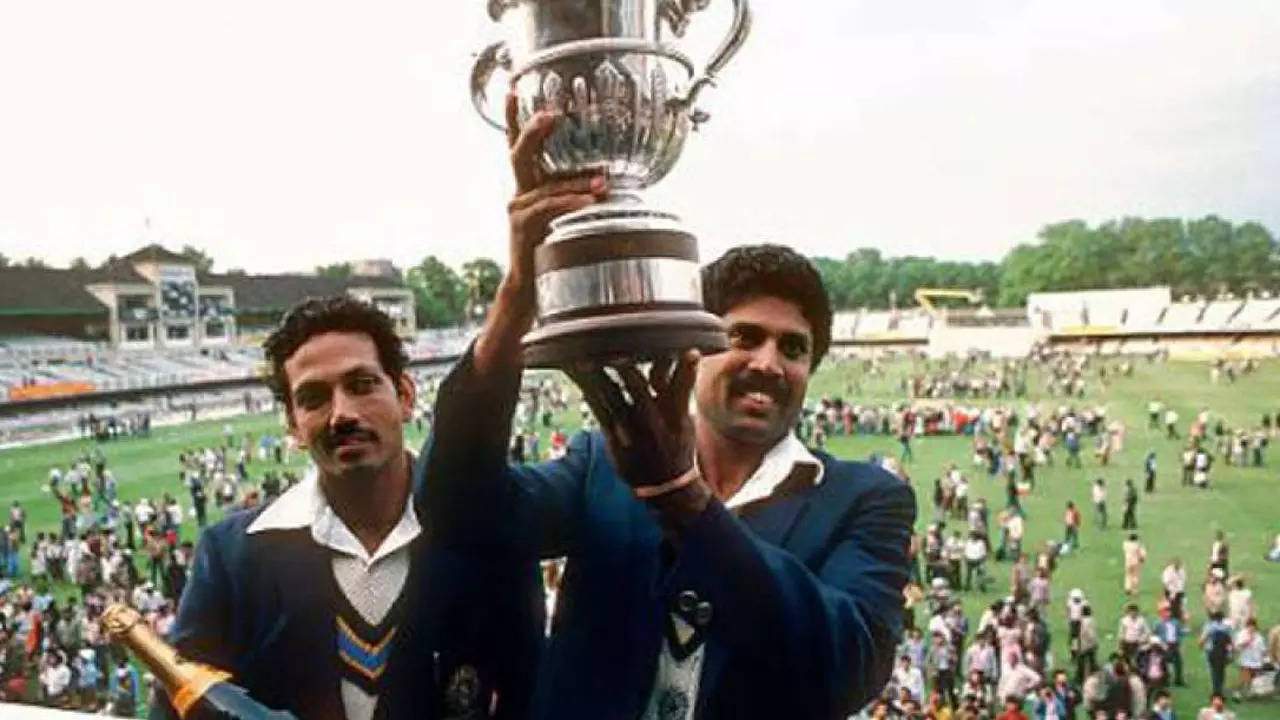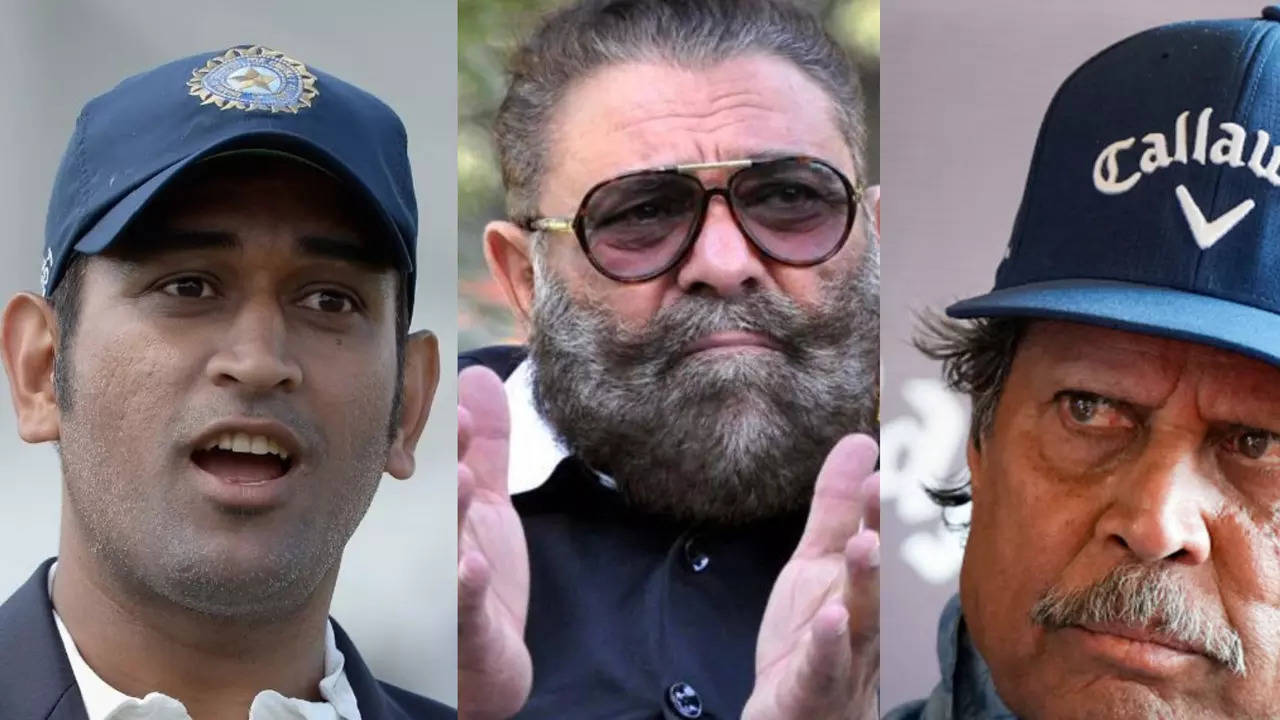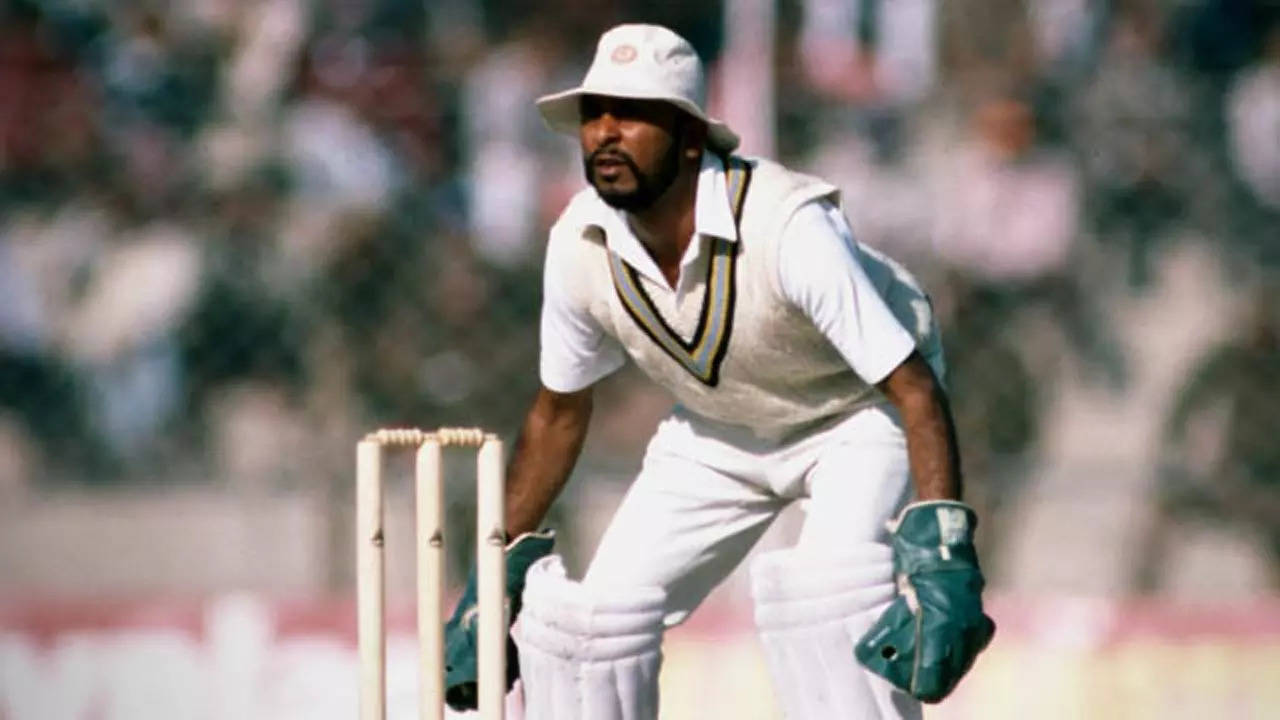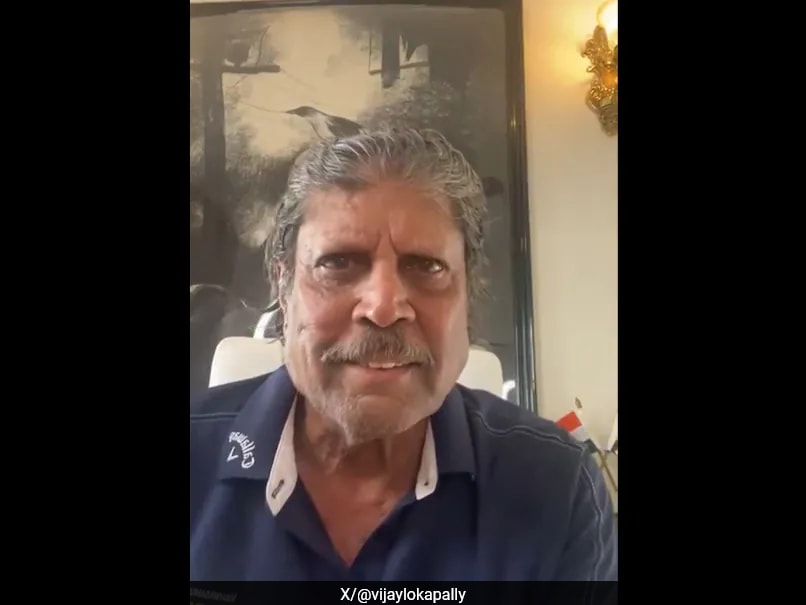All-Rounders: The Multifaceted Stars of Cricket
Cricket’s allure often stems from the thrill of a powerful stroke or the precision of a lightning-fast delivery. While these moments ignite our passion, they overshadow the versatility of players who excel in both batting and bowling. These rare individuals, known as all-rounders, are the epitome of cricketing prowess.
In the annals of cricket, all-rounders have left an indelible mark. From the legendary Kapil Dev to the enigmatic Imran Khan, these players have captivated audiences with their ability to dominate the game from both ends. In contemporary cricket, Ravichandran Ashwin and Ravindra Jadeja have emerged as India’s formidable all-rounders.
Ashwin and Jadeja’s recent performances in the Test series against Bangladesh showcased their exceptional skills. Ashwin amassed 114 runs, averaging 57, while Jadeja contributed 94 runs at an average of 47. Their 199-run seventh-wicket partnership in the first innings effectively sealed Bangladesh’s fate.
Beyond their batting prowess, Ashwin and Jadeja are renowned for their spin bowling. Ashwin claimed 11 wickets in the series, while Jadeja scalped nine. This double whammy, coupled with the pace of Jasprit Bumrah, proved insurmountable for the Bangladeshi batsmen.
The value of all-rounders extends beyond their individual contributions. They provide teams with flexibility and depth, allowing them to adapt to different conditions and strategies. In India’s case, Ashwin, Jadeja, and Rishabh Pant offer multiple insurance policies, mitigating the risk of batting or bowling collapses.
However, India’s quest for a genuine fast-bowling all-rounder remains unfulfilled. Despite the emergence of promising candidates like Ajit Agarkar, Irfan Pathan, and Stuart Binny, none have consistently matched the standards set by Kapil Dev.
The absence of a seam-bowling all-rounder is particularly felt in overseas conditions, where the new ball plays a crucial role. In England, Australia, and New Zealand, batting collapses are common, and it is here that all-rounders can stem the rot and provide much-needed stability.
The search for India’s next great fast-bowling all-rounder continues, but for now, Ashwin and Jadeja remain the backbone of the team’s all-round capabilities. Their ability to contribute with both bat and ball makes them invaluable assets, ensuring India’s dominance in the world of cricket.

